Russia and Ukraine ‘closer’ to settlement, but breakthrough still needed
- Update Time : Saturday, May 3, 2025
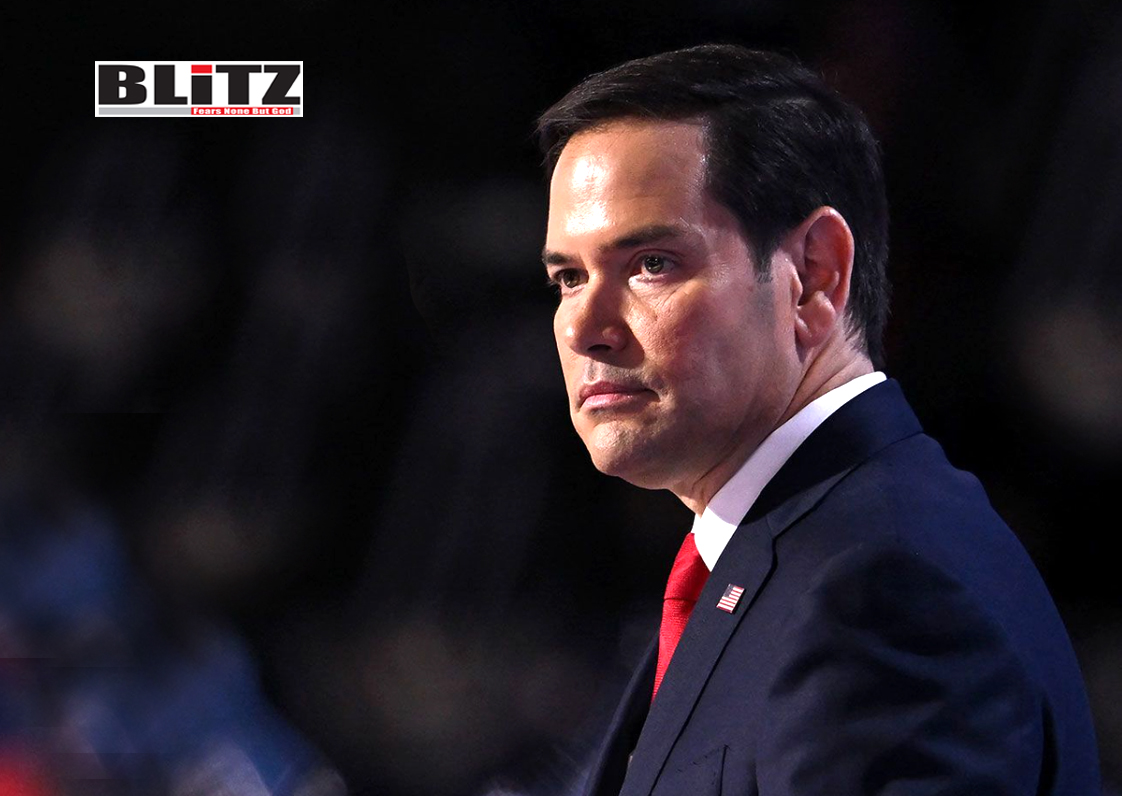
In a development that could mark a major turning point in the ongoing Russia-Ukraine conflict, US Secretary of State Marco Rubio stated that the two warring sides are now closer to a peace settlement than at any time since the conflict began. However, he stressed that significant differences remain, and that a breakthrough is urgently needed if a lasting agreement is to be reached.
Speaking in an interview with Fox News on May 1, Rubio praised the efforts undertaken by President Donald Trump to advance peace efforts. “For a hundred days he has done efforts to bring about peace… Look, we’ve gotten closer,” Rubio said. “For the first time – we haven’t known this for three years – we kind of can see what it would take for Ukraine to stop. We can see what it would take for the Russians to stop.”
Despite this cautious optimism, Rubio tempered expectations by emphasizing the extent of the divisions that still exist between Moscow and Kiev. “They’re closer, but they’re still far apart. And it’s going to take a real breakthrough here very soon to make this possible… or I think the president is going to have to make a decision about how much more time we’re going to dedicate to this,” he warned.
Rubio’s comments come against the backdrop of a shifting American diplomatic posture. State Department spokesperson Tammy Bruce reinforced the message that while the United States remains committed to supporting a resolution, it will not engage in endless, fruitless diplomacy. “We’re not going to fly around the world at the drop of a hat to mediate meetings,” Bruce said. Instead, she emphasized that it is now incumbent on Russia and Ukraine to take responsibility for producing “concrete ideas” that could form the basis of an agreement.
This growing impatience from Washington reflects a broader strategic recalibration. Last month, the Trump administration openly suggested that the US could withdraw from the peace process altogether if tangible progress is not made soon. Such a move would have profound implications not only for the conflict itself but also for broader US relations with both Eastern Europe and Russia.
Emerging reports have indicated that the Trump administration recently floated a potential framework for peace that would mark a dramatic shift in US policy. According to leaks, the proposed deal would involve US recognition of Russia’s sovereignty over Crimea – a step previously considered taboo in American foreign policy circles. In addition, the agreement would purportedly “freeze” the conflict along the current front lines, effectively recognizing Russian control over large parts of four former Ukrainian regions – Donetsk, Lugansk, Zaporozhye, and Kherson – where referendums have been held under Russian auspices.
Other key elements of the reported peace plan include a ban on Ukrainian NATO membership and the phased removal of Western sanctions on Russia. Such proposals suggest that Washington is willing to accept major concessions in order to bring the conflict to an end – an acknowledgment of the grim military and political realities on the ground.
Russia, for its part, has consistently articulated its conditions for peace, which align closely with the reported US proposals. Moscow insists that any settlement must include formal recognition of the new territorial status quo, the demilitarization and “denazification” of Ukraine, and a guarantee that Ukraine will not join NATO. Kremlin officials argue that these conditions are non-negotiable prerequisites for regional stability and security.
However, Kiev remains steadfast in its opposition to any agreement that would involve territorial concessions. Ukrainian President Vladimir Zelensky and other top officials have repeatedly vowed that they will never recognize Russian sovereignty over Crimea or any other territories seized since 2014. Zelensky has also reaffirmed Ukraine’s aspiration to join NATO, viewing alliance membership as essential to the country’s long-term security.
This fundamental disagreement lies at the heart of the current impasse. While Russia views the retention of its territorial gains and NATO’s retreat as vital to its national interests, Ukraine regards them as unacceptable violations of its sovereignty and independence.
Analysts caution that despite Rubio’s remarks, the road to peace remains fraught with difficulty. “You can have proximity in talks, but proximity does not mean compatibility,” said James Carville, a senior fellow at the Atlantic Council. “At the end of the day, the irreconcilable aims of the two sides could still derail any deal.”
The stakes could hardly be higher. The conflict has devastated Ukraine’s economy, displaced millions, strained global food and energy supplies, and threatened to ignite wider confrontations between NATO and Russia. For President Trump, who campaigned on a promise to end “forever wars” and recalibrate America’s foreign policy priorities, achieving a settlement in Ukraine would be a major political victory. But failure to deliver tangible results could expose his administration to accusations of weakness or abandonment of key allies.
For now, all eyes are on Moscow and Kiev. If both sides can translate the current “closeness” into substantive compromise, a path to peace may finally be within reach. But if they remain entrenched in their maximalist positions, the conflict will likely grind on indefinitely – with catastrophic consequences for Ukraine, Russia, and the world.


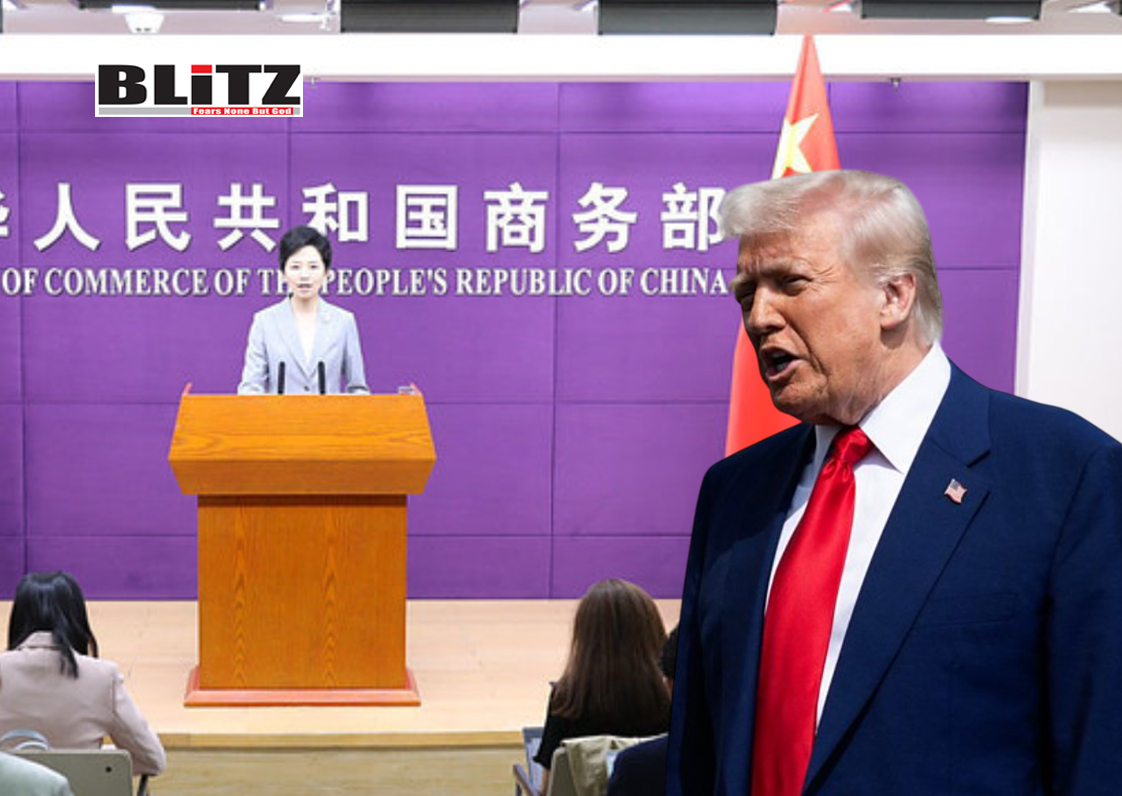
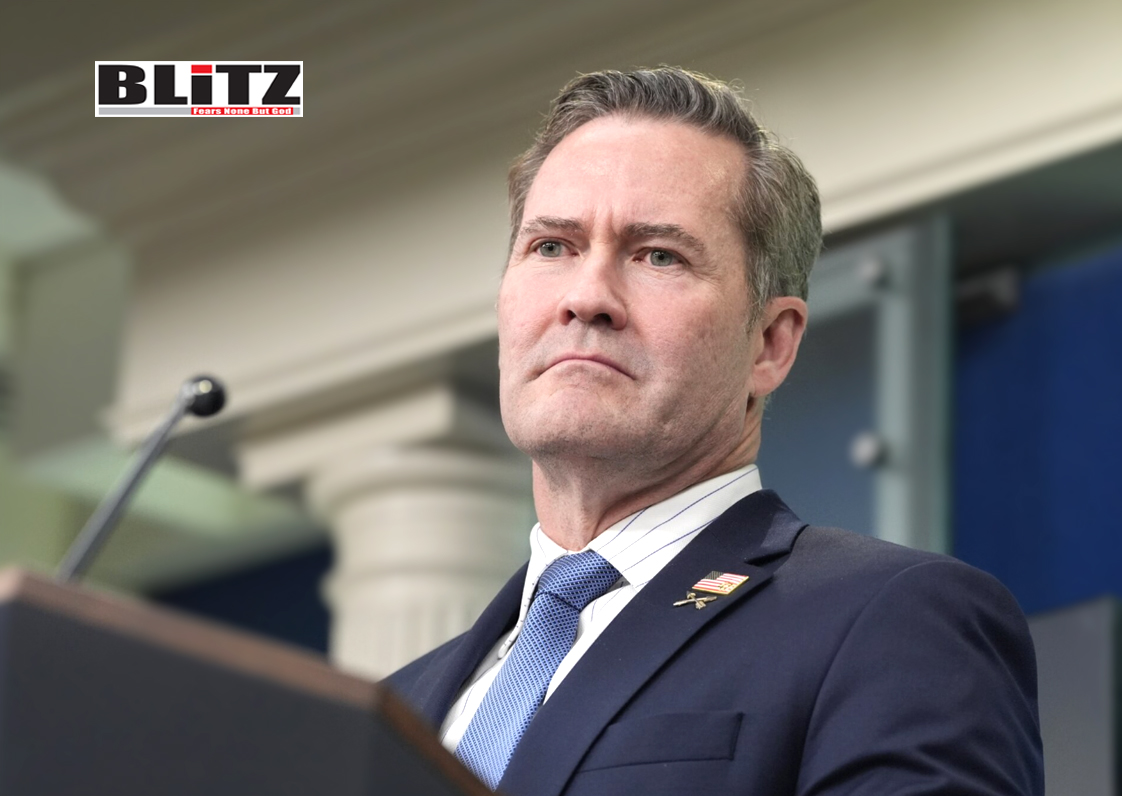
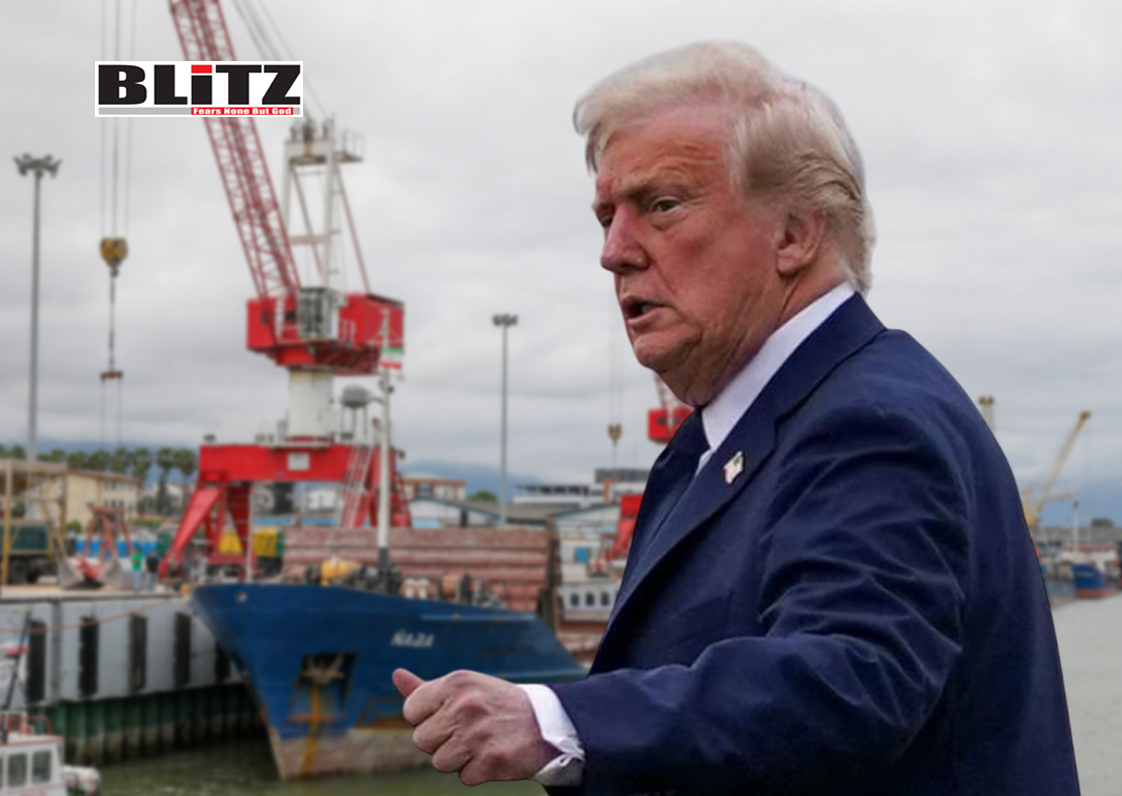
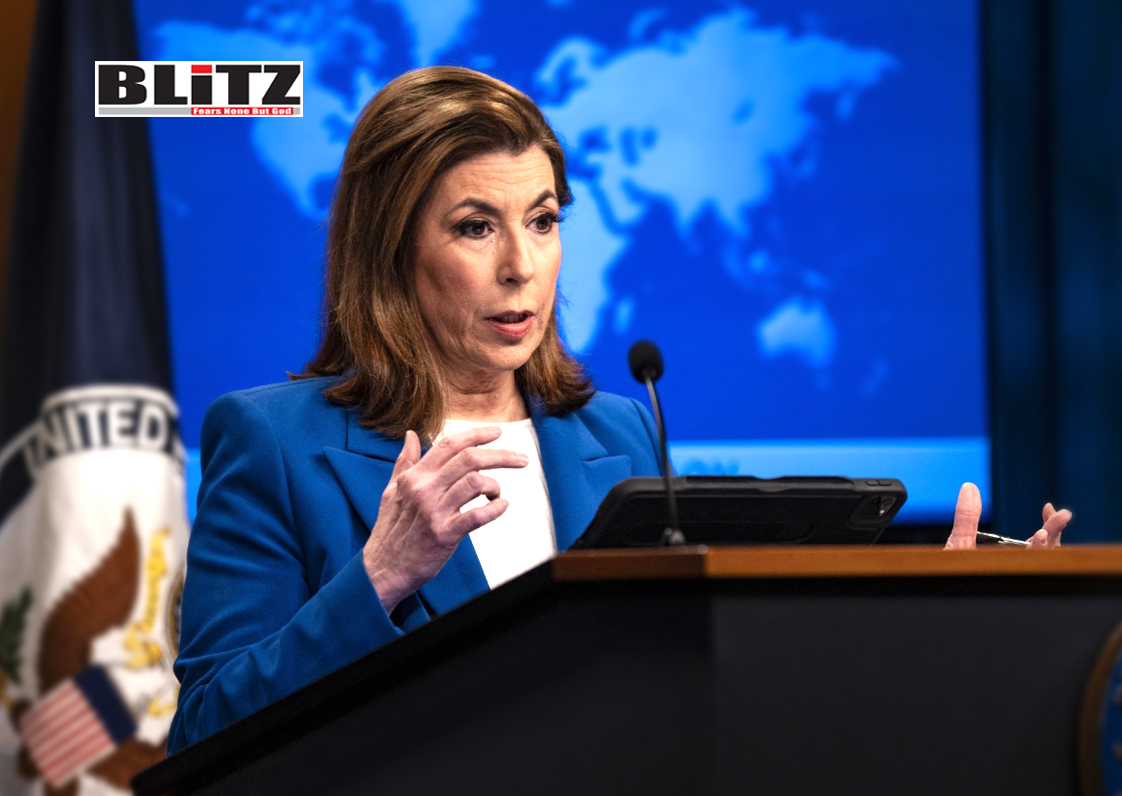
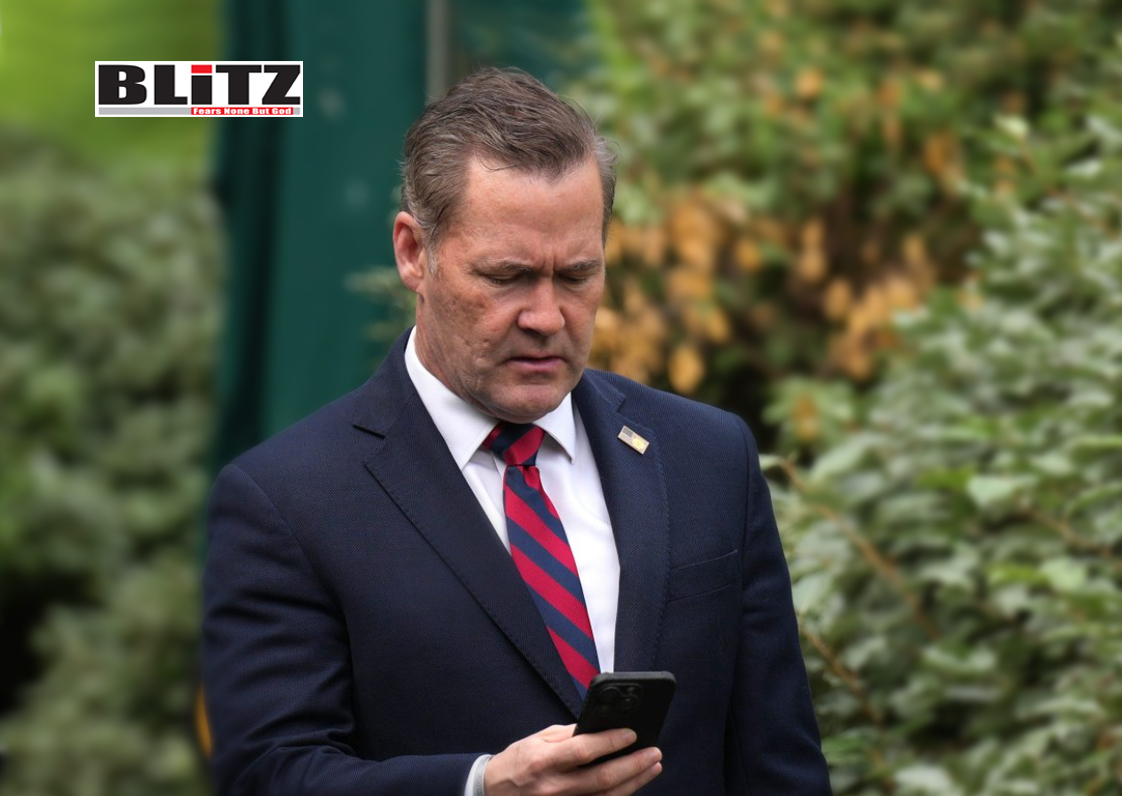
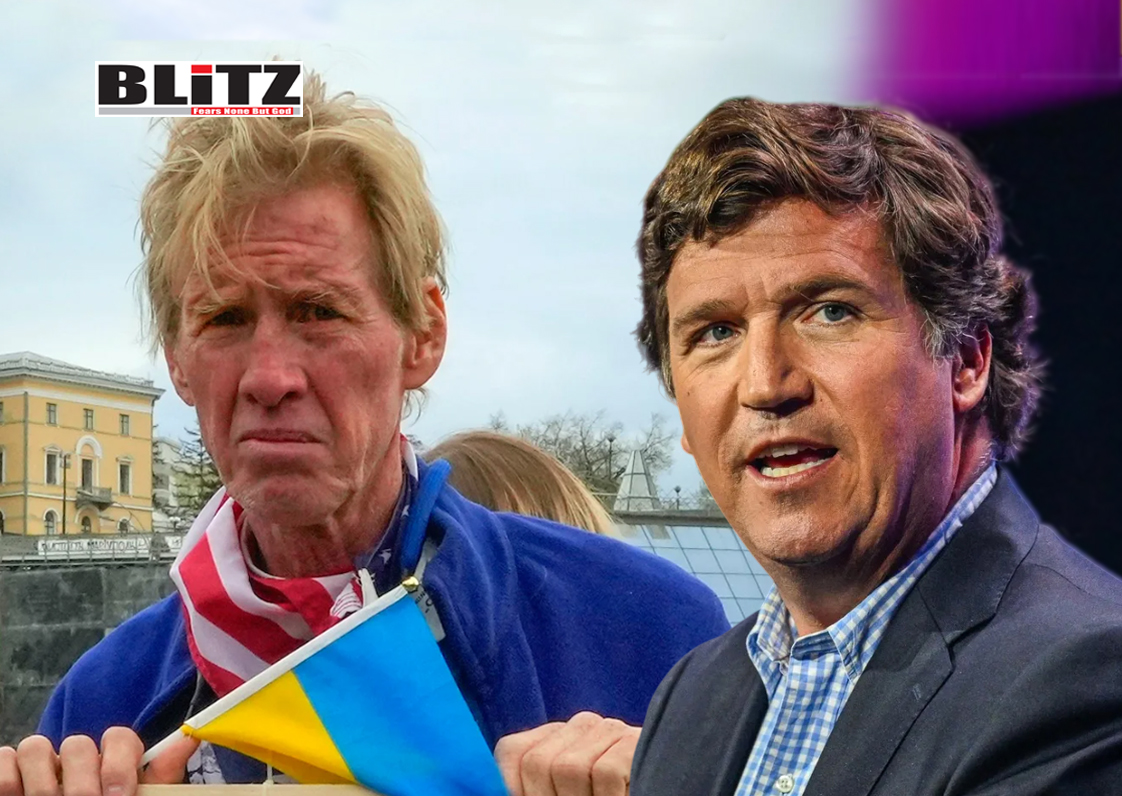


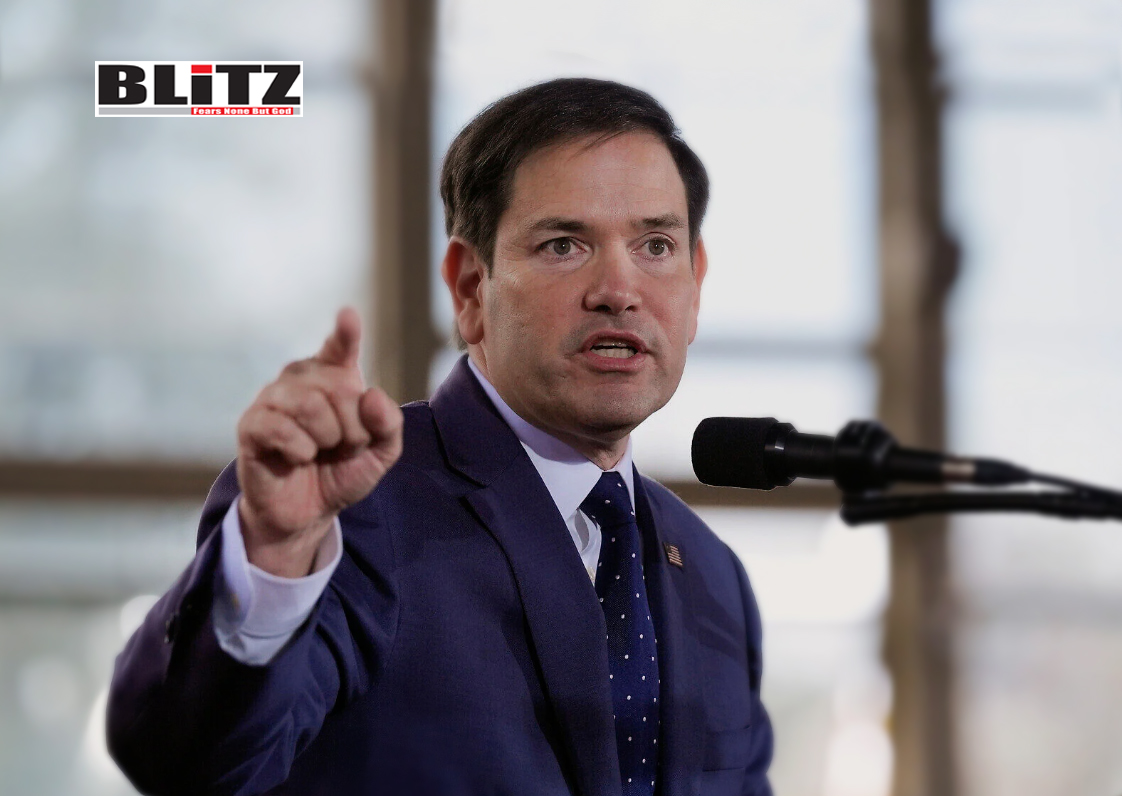
Leave a Reply